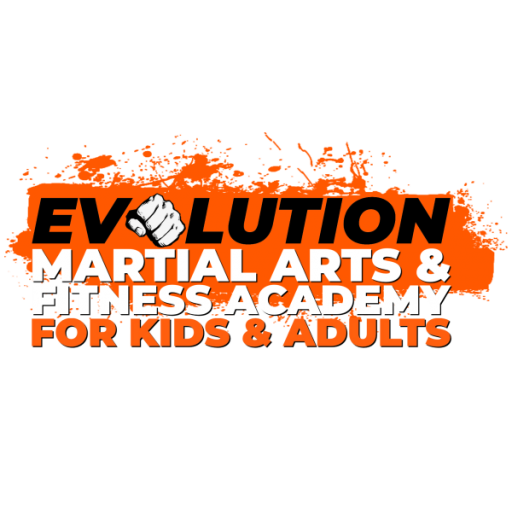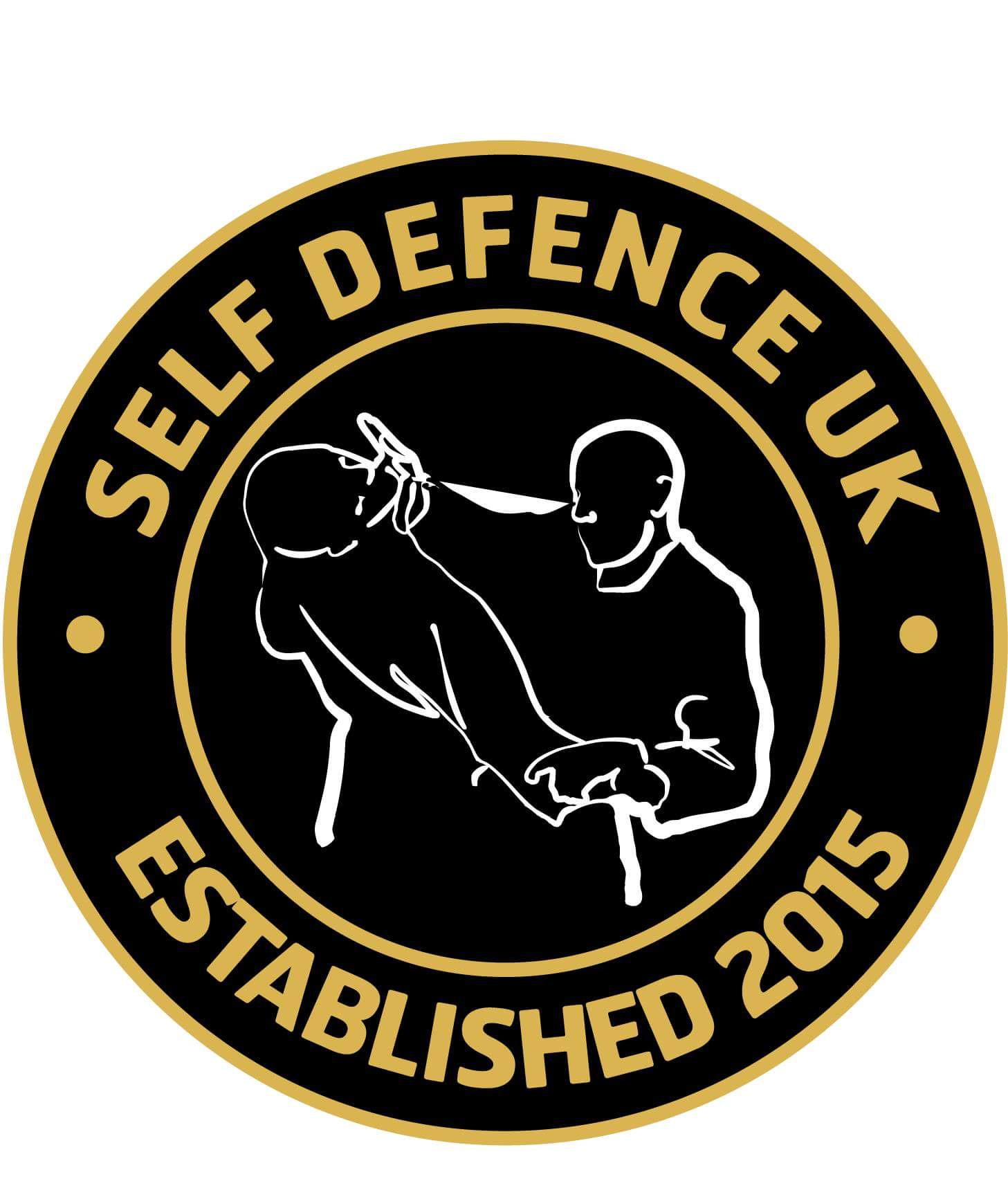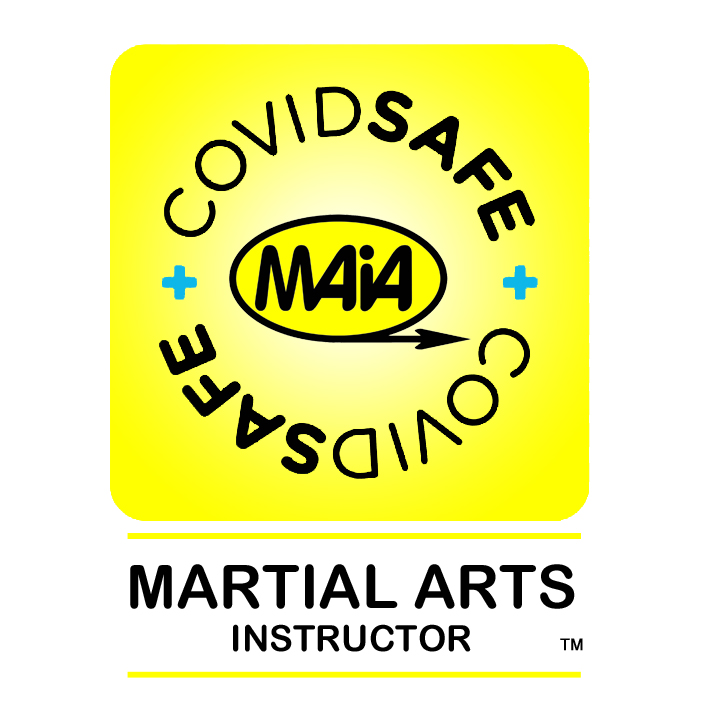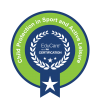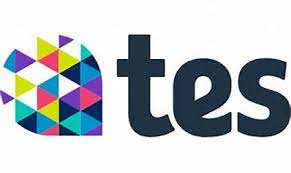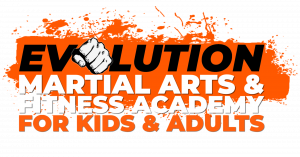
Anyone who’s taking up a sport in their 40s and beyond will know that their bodies aren’t the same as they were 20 years earlier. And while that may make training in any sporting discipline harder, it’s certainly no reason to be put off.
However, for the more mature martial arts beginner, there are some simple guidelines which can help you maximise what you get out of the sport, without putting yourself at risk of too much injury.
Allow time for recovery
The most likely scenario when you take up martial arts is that you are so full of enthusiasm to get started that you end up doing too much too soon. Attending a class of mixed ages, you will probably be keen to keep up with younger classmates, in terms of physical effort and strength. However, the harsh reality is that older bodies need longer to recover, and the sooner you accept this, the better and more productive your martial arts training will become.
It may be galling to accept it, but you will need more recovery between sessions than younger people you train with. Acceptance is the first hurdle! As well as doing fewer sessions than you might like to do, build in activities like taking contrast showers and using ice on aching muscles, as well as adding a weekly massage to your diary. Massage will improve your body’s ability to continue training at a high level.
Just because you are not training as often as younger people, it doesn’t mean you have to move your focus away from martial arts. Instead of going to an extra weekly class, use that time to watch youtube videos of martial arts training, picking up tips that you might be able to use in the future.
Adjust your diet
While every individual has a diet that will suit them best, many martial arts practitioners follow the principle of eating more frequent meals, but with smaller portions, throughout the day. Eating in this way can reduce your body’s natural tendency to store extra calories consumed as body fat. It also means you don’t get hungry and is a great mood stabiliser.
As for what you eat, you should make sure to get plenty of protein. This is what builds muscles and you will need to consume enough protein to sustain muscle mass and aid its repair. Eating vegetables is also important. As they are alkaline-producing, this is useful for bone mass and muscle tissue preservation. Veggies also are rich in antioxidants, minerals and vitamins and fibre, and contain plenty of water which will help keep you hydrated during workouts. Carbs such as rice and pasta are important, too, but should be eaten before and after exercise. Although the average person’s diet should include at least 130g of carbohydrates a day, those doing lots of exercise should increase the amount of carbs they consume. Be aware, though, that any excess carbs will be stored as fat or glycogen, for the body to use in the future.
Fat is also important as it contributes to a good metabolism, body tissue health, immunity and hormone production as well as the absorption of many nutrients. So eating a healthy amount of the three different types of fat – saturated, monounsaturated and polyunsaturated – is a good idea.
Try to relax
Don’t think of martial arts as a race that needs to be won. It can be a long-term feature of your life and if you can take things gradually, you will be less likely to be injured. Make use of that wise head on your shoulders to accept that you might be better off doing fewer sessions per week so that your body has time to recuperate and avoid injury, which could you put out of action for weeks.
Starting out with martial arts training later in life can be amazing and it can be a really rewarding way to spend your free time. Just make sure that you approach it sensibly, to get the most out of your training and to ensure you avoid unnecessary setbacks and injuries.
Book your FREE TRIAL at Evolution Martial Arts and Fitness Academy…
